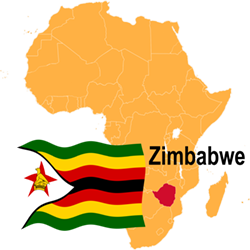 Ministry of Health and Child Care (MoHCC) introduced the concept of Health Centre Committees (HCC) in the early 1980s to bridge the gap between health workers and communities. This was in the spirit of the Alma Ata declaration of 1978. The MoHCC , with support from partners in civil society, started reviving HCC.
Ministry of Health and Child Care (MoHCC) introduced the concept of Health Centre Committees (HCC) in the early 1980s to bridge the gap between health workers and communities. This was in the spirit of the Alma Ata declaration of 1978. The MoHCC , with support from partners in civil society, started reviving HCC.
These HCCs played a vital role during the unprecedented cholera outbreak of 2008-2009 which caused 4,288 deaths. In response to the outbreak, HCC identified priority intervention areas with communities, spearheaded the mobilisation of stakeholders, particularly traditional leaders, religious leaders, community health workers, and at times humanitarian agencies. These stakeholders worked together with the HCC and the local community in implementing community-level participatory health and hygiene education, coordinated distribution of non-food items, reported cases, and mobilised local resources to support cholera treatment centres. Anecdotal evidence indicates that community-level cholera control interventions were better coordinated, more effective, and better sustainable in communities which had functional HCC.
[SOURCE: Chigariro T (WHO) and Tsoka S (MoHCW)]